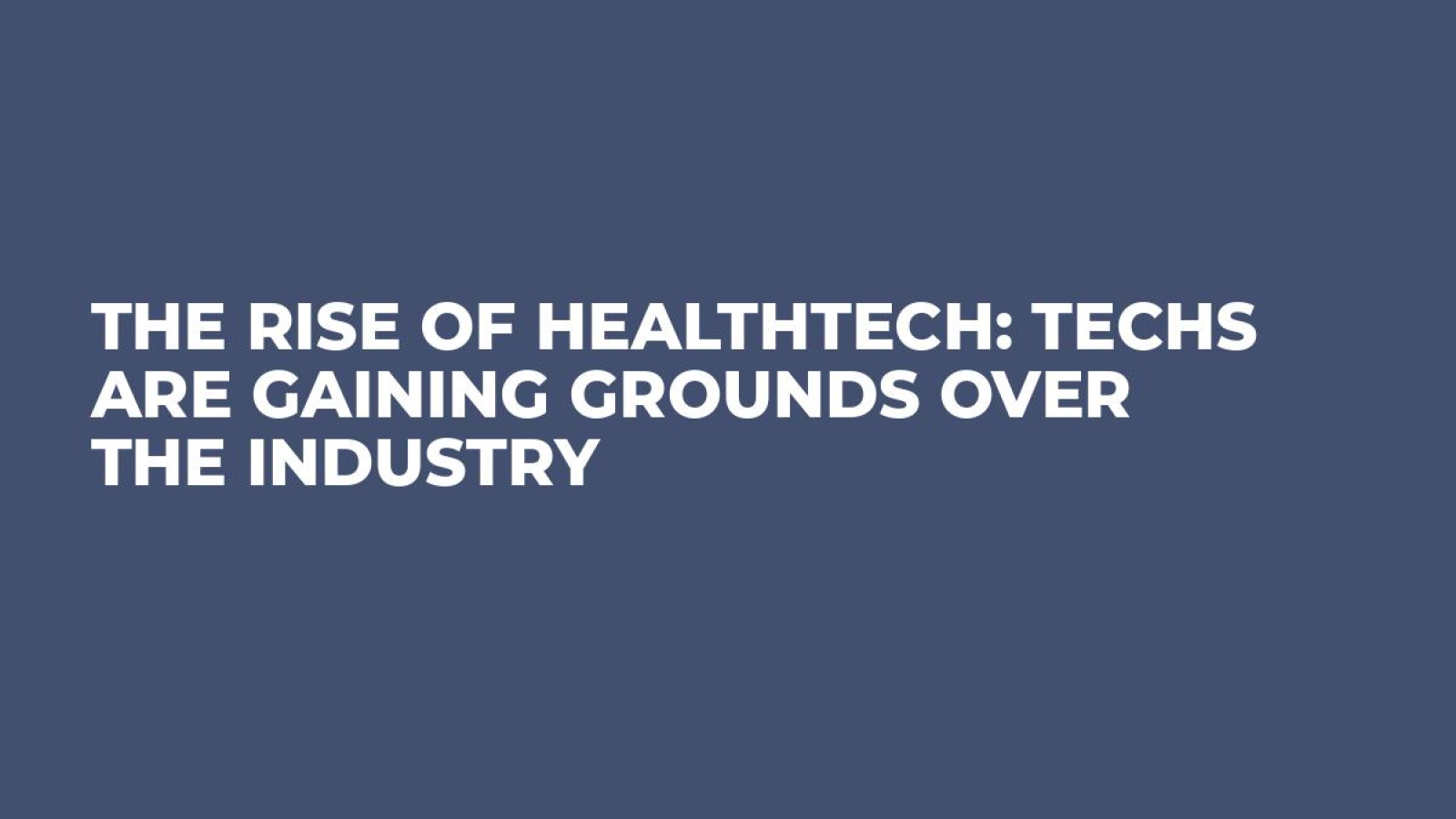
The sustainable development of any country, industry or company entirely depends on technological innovations. In our modern world, technology is considered to be the basis for economic improvement and growth, meanwhile innovation is the soul of the progress. It’s enough with remembering the economic growth Solow model, according to which capital (and income) per capita grows at the rate of exogenous technological progress.
Technology is evolving at such exponential pace, that even existing laws and statutes can't keep up with the rate of change. To support this argument, you don’t need to go much further than looking around: cellphones, Internet, computers, electric cars, Artificial Intelligence, blockchain, robotics and the list goes on and on. In other words, we have access to technology that would have seemed like science fiction just a few years ago.
To date, it doesn’t have to be necessarily something material, you can write a code for a program that will solve people’s needs and become a millionaire.
By the way of example, the FinTech industry must be mentioned. After the global financial crisis of 2008, people lost their faith in traditional banking system and other people took advantage of this. They started working on creating a new way to buy and sell goods and services without the need going through a trustless bank. As a result, many FinTech Peer-to-Peer lending startups began to appear, thus allowing people and small businesses to borrow or lend money through an innovative way.
FinTech innovation has become so popular that in the first five months of 2018 Europe’s FinTech firms raised $3.13 Billion.
Lot of people are wondering, which industry will be the next? All the evidence suggests that it is time for the healthcare market disruption. The IT giants have already joined the race of technological innovation. Amazon together with Berkshire Hathaway Inc. and JPMorgan Chase & Co are working on technology solutions that will provide "simplified, high-quality and transparent health care at reasonable cost". Apple, in turn, is working on creation of medical centers that will provide healthcare to its employees while testing health-related products. Furthermore, they are working on opening AC wellness center in Cupertino and creating disease prevention programs.
The future of the healthcare industry is about to experience unprecedented development through the implementation of Artificial Intelligence, 3D printing, drones, robotics, wearables, Virtual Reality and blockchain. But what kind of features each one of these technologies offers?
Blockchain and AI are the main pillars of any industry revolution.
Artificial Intelligence learning algorithms allow us to gain a better understanding of a diagnosis, care processes, treatment variation, and patient results. According to a research provided by HealthIT Analytics, AI will enable us to unify mind and machine through brain-computer interfaces, to develop the next generation of radiology tools, to expand access to healthcare in underserved or developing areas, reduce the burdens of electronic health record use, to bring intelligence to medical devices and machines.
Blockchain technology, in turn, brings transparency to the sector and improves the speed of transactions, by eliminating the trusted third party. Also, it can help to disseminate information among doctors, enabling them to collaborate and work together. Other features, such as scalability, data encryption, decentralized authorization, and distributed ledger, make medicine more accessible, affordable and secure.
Microsoft is developing a health bot that will empower its users, which include patients, nurses, doctors, and other representatives, to interact with medical information systems, allowing the partner to improve processes, services, and outcomes, and reduce costs. According to Microsoft, the Health Bot Service implements natural language understanding (NLP) and AI technologies to understand the users' intent and provide accurate information.
There is another company that is working on an AI-powered bot called Stem Cell Project. The development and adoption of such bot will help them to fix the healthcare gap, by providing services to people that didn’t have access to it earlier. This bot will be present in a specific application, which anyone who has a new-generation cell-phone will be able to download and start using. The AI bot will be fueled by the project’s token SCC, which will serve as a gateway to the services this bot offers.
As a result, Stem Cell Project not only promotes, but also grants access to the stem cells industry to everyone. Despite the fact that it’s been demonstrated that stem cells can be a useful tool in solving such health issues like blindness, nerve regeneration, liver restoration and other age-related diseases, most recently, this revolutionary technology has been available only to the few people able to pay for it. Soon, it will no longer be like this.
Stem Cell Project is a Japanese company, founded by a group of Japanese entrepreneurs, with the support of Association of Medical Corporation Koge-Kai. The idea behind Stem Cell Project is to expand regenerative medicine to a worldwide level using AI and blockchain. Currently, stem cells therapy can be provided only in five countries such as the US, Germany, Switzerland, Russia (only at governmental institutions), and Japan.
How do they plan to expand stem cells therapy worldwide? By introducing a Virtual Clinic across the globe. It will connect patients with the member hospitals/clinics of Japan Society of Aesthetic Regenerative medicine, through video and sound over the Internet, allowing them to make online diagnosis and reduce patient wait times. All of this will become possible thanks to a variety of such features as remote medical checkup system, a chatbot and translation function. As in case with the Stem Cell Project’s bot, SCC tokens will be used in order to get access to the virtual clinic.
Besides the development of a virtual clinic platform, Stem Cell Project conducts studies and clinical research of therapeutic formulations with stem cells.
Technological innovation plays a crucial role in industry disruption. And those who are able to form part of the revolution, will not only become successful but also will help promote and develop the solutions the world ripes for.
You can get on board of Stem Cell Project already today by purchasing SCC tokens. There are three stages, with different discount in each of them, to purchase the SCC tokens.
Presale:
First phase of presale: July 16 - September 15, 2018. 1 SCC = $0.10 (300,000,000 SCC tokens)
Second phase of presale: September 16 - October 15, 2018. 1 SCC = $0.12 (400,000,000 SCC tokens)
Public Sale: October 16 - October 30, 2018. 1 SCC = $0.14 (200,000,000 SCC tokens)
To learn more about Stem Cell Project, please visit the official website, download the White Paper and join our Telegram community.
Disclaimer: This is sponsored content. The information on this page is not endorsed or supported by U.Today, and U.Today is not responsible or liable for any inaccuracies, poor quality, advertising, products or other materials found within the publication. Readers should do their own research before taking any actions related to the company. U.Today is not responsible, directly or indirectly, for any damage or loss caused or alleged to be caused by or in connection with the use of or reliance on any content, goods or services mentioned in the article.
 Alex Dovbnya
Alex Dovbnya Tomiwabold Olajide
Tomiwabold Olajide Godfrey Benjamin
Godfrey Benjamin Yuri Molchan
Yuri Molchan